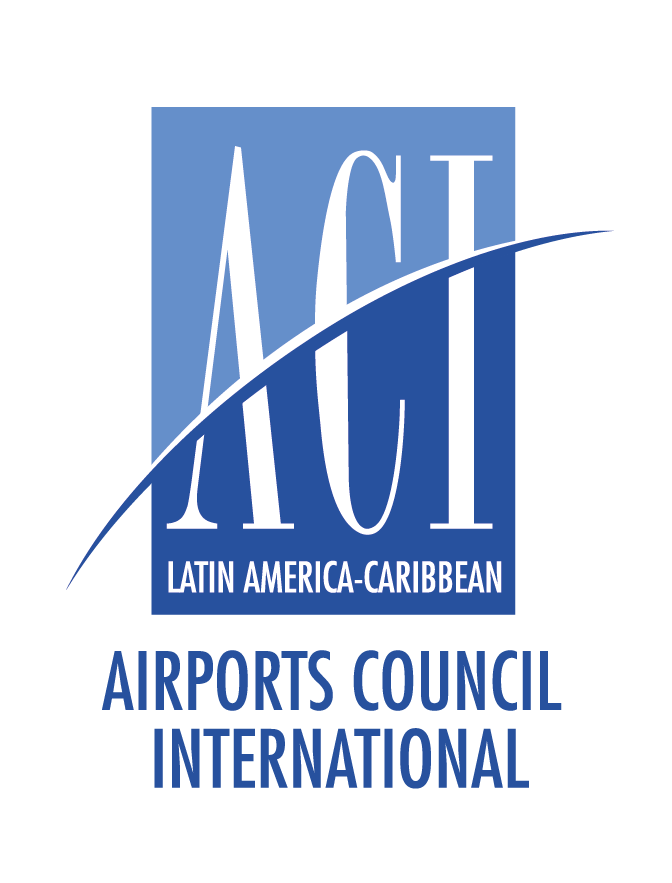Source: ACI-LAC
- The gathering in Trinidad and Tobago reinforced the Caribbean’s strategic role and officially confirmed Lima, Peru as the host city for the ACI-LAC 2026 Conference
The 2025 Annual Assembly, Conference & Exhibition of the Airports Council International – Latin America and Caribbean (ACI-LAC) concluded this Tuesday (October 7) with a day dedicated to regional aviation, with special focus on the Caribbean and its strategic role in the airport landscape.
The program featured discussions on expanding regional cooperation and addressing shared challenges to collaboratively shape the future of Caribbean aviation.
Aruba’s innovations in smart borders and integrated travel were also presented—an internationally recognized model that combines technology and facilitation to enhance passport control efficiency and the overall passenger experience.
Another key topic was the state of air connectivity in the Caribbean, essential for overcoming geographic barriers and driving tourism and economic integration among the islands.
Participants on the final day of ACI-LAC’s annual conference also explored how airports can strengthen their role as business platforms, expanding beyond transportation infrastructure to attract investment and generate local opportunities.
The issue of market concentration in the aviation sector was also addressed, with reflections on policies and strategies to strengthen regional aviation, diversify operators, and ensure greater balance and resilience across the industry.
Challenges and Opportunities for Caribbean Airports
To close the academic agenda, CEOs of airports across the Caribbean region took part in the workshop “The Airport Business: The Importance of Business Planning for Regional and Caribbean Airports”, where they discussed management strategies to balance challenges and opportunities.
Regional airports play a vital role in the social and economic development of their communities, while facing financial and operational constraints. In the Caribbean—home to approximately 7,000 islands across 17 countries and territories—these airports are essential for ensuring air connectivity, boosting tourism, trade, and regional integration.
The workshop emphasized the importance of solid, locally adapted business planning as a key condition for strengthening the sector’s sustainability and resilience. The Caribbean plays a strategic role in advancing regional aviation and the economic and social development of its communities.
“Our conversations at the ACI-LAC 2025 Conference showed that, despite the challenges, Caribbean airports have tremendous potential to drive development. Investing in innovation, cooperation, and strategic planning is essential to ensure sustainable connectivity and strengthen the sector’s resilience. We thank everyone who supported us and look forward to seeing you again next year in Lima, Peru,” said Rafael Echevarne, Director General of ACI-LAC.

